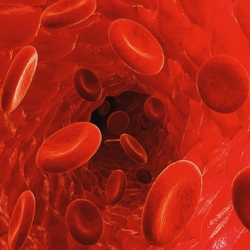
A newly discovered process to kill cancer cells can eradicate tumors and reduce the risk of side effects and recurrence of the disease, claim a group of researchers in the Scotland. The method, called Caspase Independent Cell Death (CICD), led to the complete eradication of tumors in experimental models.
Today, most anti-cancer therapies such as chemotherapy, radiation and immunotherapy, work through a process called apoptosis, which activates proteins known as caspases, leading to cell death.
Such treatments carry the risk of side effects and often fail to kill all cancer cells, leading to disease recurrence.
Dr Stephen Tait, who led the University of Glasgow research into CICD, said the new method "often led to complete tumor regression."
“Our research focuses upon understanding how mitochondria control cell death and addressing how this is deregulated in cancer. Clinical translation of our findings should lead to improvements of existing therapies and development of new approaches to enable tumor selective killing.” stated Tait.
He added: "In essence, this mechanism has the potential to dramatically improve the effectiveness of anti-cancer therapy and reduce unwanted toxicity."
"Taking into consideration our findings, we propose that engaging CICD as a means of anti-cancer therapy warrants further investigation."
When cancer cells are killed through CICD, they alert the immune system through the release of inflammatory proteins. The immune system can then attack tumor cells that were not killed during the initial treatment.
"This new research suggests there could be a better way to kill cancer cells which, as an added bonus, also activates the immune system."
